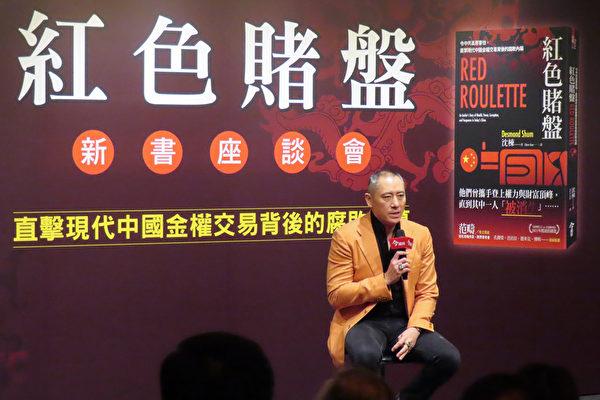Desmond Shum, a former Chinese tycoon living in exile in the United Kingdom, recently traveled to Washington to appear before the Select Committee on the Strategic Competition Between the United States and the Chinese Communist Party. Mr. Shum is the author of Red Roulette, a 2021 memoir that exposes the secretive power and money entanglements between the most privileged families of the Chinese Communist Party (CCP) and China’s private enterprises.
On the evening of July 13, Mr. Shum shared his experiences and answered questions from members of the U.S. House of Representatives about the risks U.S. companies face when doing business with China. In his testimony, he recounted three personal stories that, he said, “illustrate the essence of doing business in China.”






